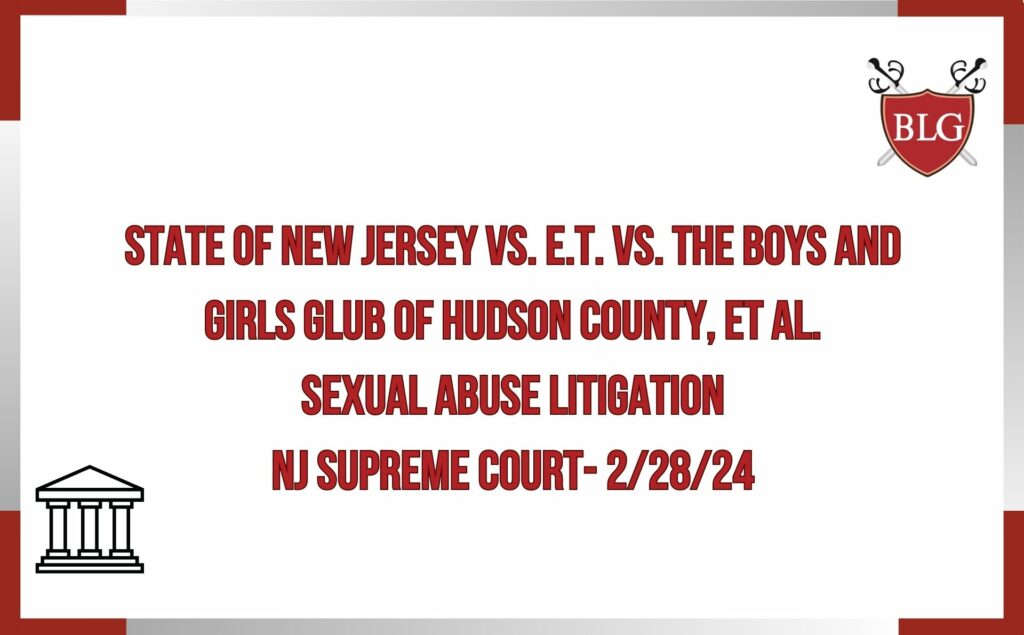Understanding the Impact of the Double Jeopardy Clause: McElrath v. Georgia
On February 21, 2024, the United States Supreme Court delivered a landmark decision in McElrath v. Georgia, which centered on applying the Double Jeopardy Clause of the Fifth Amendment in the context of inconsistent jury verdicts. This case highlights the critical role of the Double Jeopardy Clause in ensuring that individuals are not subjected to multiple prosecutions for the same offense, offering a significant precedent in criminal law.
The Facts and Procedural History
Damian McElrath’s trial for the murder of his mother led to a mixed jury verdict: “not guilty by reason of insanity” for malice murder and “guilty but mentally ill” for felony murder and aggravated assault. On appeal, the Supreme Court of Georgia determined that the jury’s “guilty but mentally ill” verdict for felony murder was “repugnant” to the jury’s “not guilty by reason of insanity” verdict for malice murder under Georgia law, because the verdicts “required affirmative findings of different mental states that could not exist at the same time.” The court vacated both the malice-murder and felony-murder verdicts under Georgia’s so-called repugnancy doctrine and authorized retrial.
On remand, McElrath argued that the Double Jeopardy Clause of the Fifth Amendment prohibited Georgia from retrying him for malice murder given the jury’s prior “not guilty by reason of insanity” verdict on that charge. The Georgia courts rejected that argument.
Legal Issues and the Court’s Rationale
The United States Supreme Court unanimously found that the “not guilty by reason of insanity” verdict constituted an acquittal under the Double Jeopardy Clause, highlighting that once an acquittal is rendered, it is protected from reevaluation. This decision underscores the Clause’s role in protecting individuals from being tried for the same offense after an acquittal, regardless of other verdict inconsistencies.
The Protection Afforded by the Double Jeopardy Clause
The Supreme Court’s ruling in McElrath v. Georgia reaffirms the fundamental protections of the Double Jeopardy Clause. This Clause is a crucial safeguard within the U.S. legal system, emphasizing the importance of finality in acquittals and the prohibition against multiple prosecutions for the same offense. The Court’s decision highlights the paramount importance of ensuring that mental health considerations in criminal liability are adequately addressed within the legal framework.
Contact The Bianchi Law Group If You Have Double Jeopardy Questions
For individuals seeking further insight into this decision or needing representation, we encourage you to contact the Bianchi Law Group and our team of Former Prosecutors at 862-225-1965. Our experienced legal team is well-equipped to provide guidance and support on matters related to the Double Jeopardy Clause and other critical aspects of criminal law.











